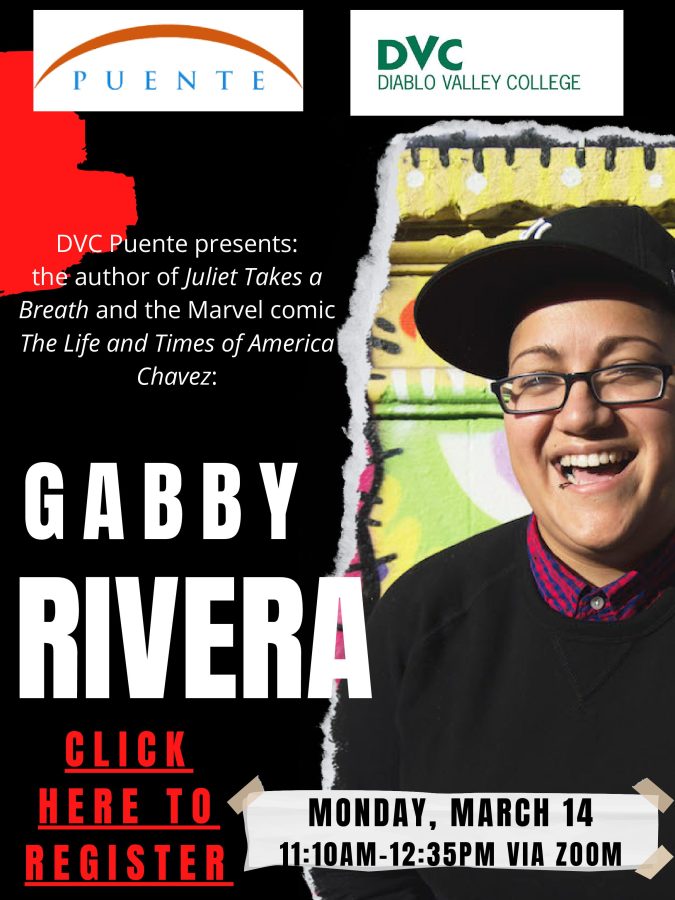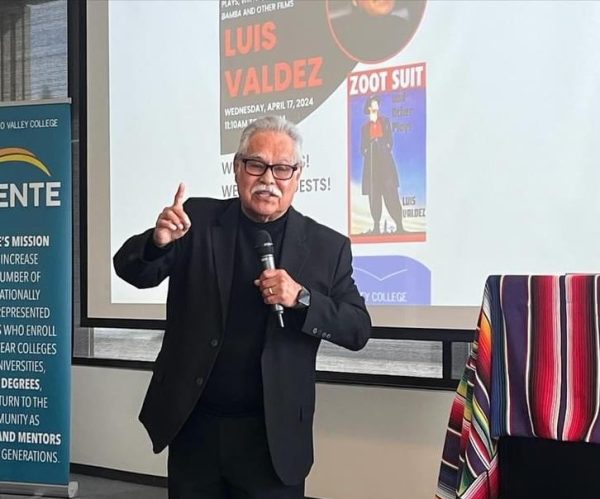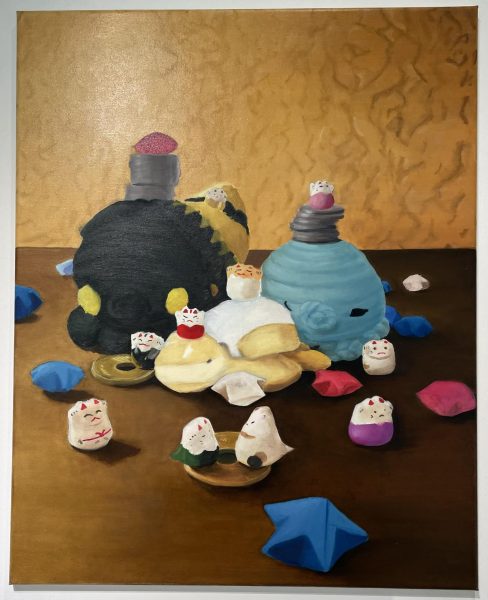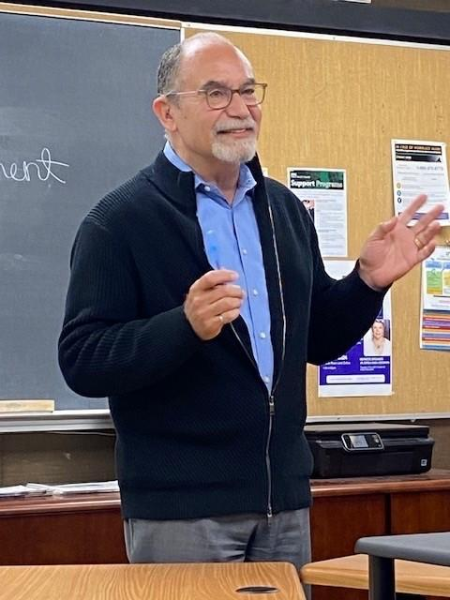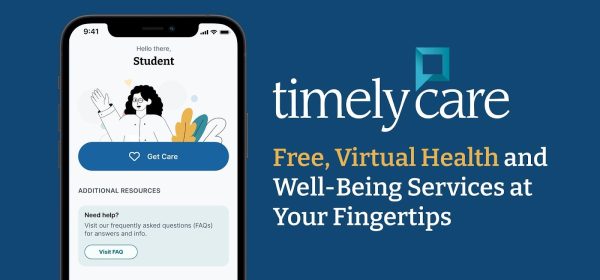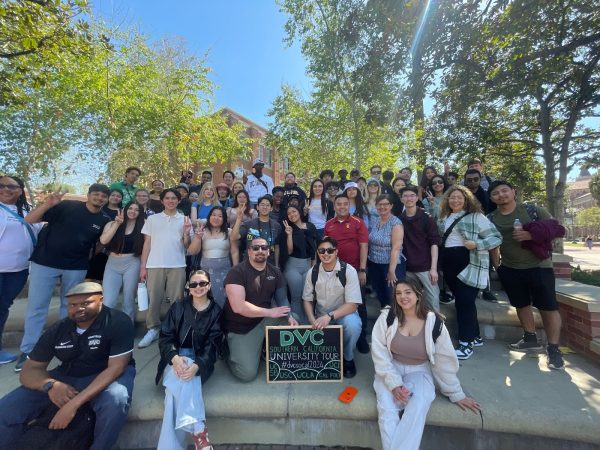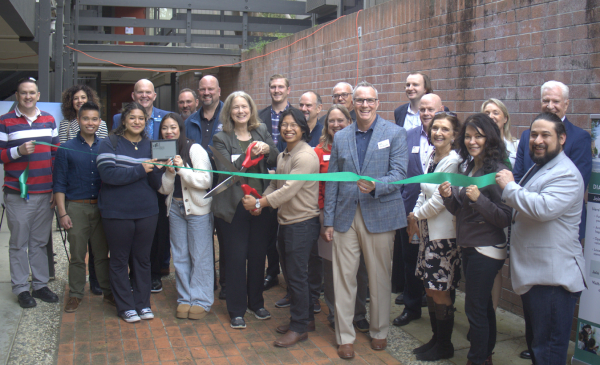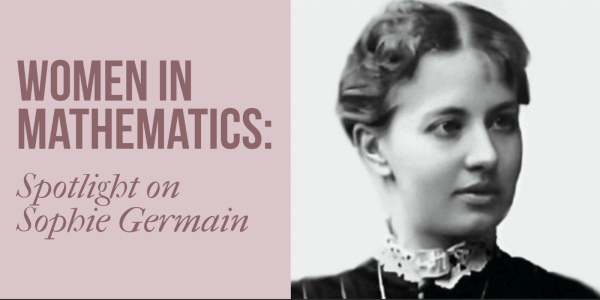“Juliet Takes a Breath” Author Gabby Rivera On Inspiration, Queer Representation and Racism In Publishing
[[Editor’s note, May 16: Since the publication of this article, the latest Marvel movie, Doctor Strange and the Multiverse of Madness, which features Rivera’s character America Chavez, was banned in Saudi Arabia and several Arab countries due to its LGBTQ+ content.]]
Gabby Rivera, author of the Marvel comic America: The Life and Times of America Chavez and the novel Juliet Takes a Breath, joined Diablo Valley College’s Puente Club via Zoom on March 14 to discuss how queer and people of color (POC) are represented on the page.
Rivera said that when she was younger, writing became her “safe imagination space” where she could be herself. It started when she was living in her mother’s basement, pursuing her work despite her peers’ skepticism that she could achieve her goal of becoming an author.
Even when she was working 100-hour weeks, she said she “still found time to write, because writing was the dream.”
Rivera – whose writing for the Marvel series America features the first-ever queer, Latinx teen-girl superhero – said one of her guiding lessons to young people is that “the most harm you can do to yourself is to not let yourself follow your path, and to count yourself out before you even show up.”
The conversation at DVC included administrative assistant Kristina Gomez, English professors Anthony Gonzalez and Stephanie Razo, and counselors Brenda Gonzalez and Justin Wembez.
Rivera praised the Puente program – which helps Hispanic students transfer to four-year colleges – saying that when she was a teenager, she could not have imagined a college program with such supportive instructors and peers reading queer literature.
Rivera said she felt drawn to the genre early on when she noticed that she never saw young Latinas fall in love with other POC women in the media. It became something she wanted to change.
“Even now, if there is a person of color in a love story, it’s usually with a white person,” she said. Her goal was to show queer people that they are not alone, and that there are people out there like them.
“I wanted to showcase that with two girls, and especially where they’re both different ethnicities, [you can] elevate and highlight that this love exists, that these two people deserve to be adored and to have that gushy kind of love mold.”
Rivera revealed that before she got published, she was working with queer people, people of color, and other authors who collaborated and gave her suggestions. She especially invested her time with women writers, queer black and brown men, and non-binary folks, who she said inspired her work.
Rivera also raised funds within her community, which helped her to become a published writer, and gave out her books for free to LGBT centers. For a time, she said, “I hawked these books out of my apartment.”
When Rivera later started to work for Disney and Marvel, she noted the way that Disney was committed to maintaining good relationships with the straight white community. But when Disney conforms to the heterosexual community and the big funders, “queer POC representation is, unfortunately, going to suffer to appease the majority,” she said.
Rivera admitted she is worried about how the character she helped develop – America Chavez, who is a Puerto Rican lesbian – might be censored if the story appears in bigger Marvel projects.
It wouldn’t be the first time. Disney’s cartoon The Owl House got canceled early on, ostensibly due to its LGBTQ+ content.
Danna Terrace, the creator of the show, told Digital Spy that because The Owl House was unique and made for a slightly older audience, Disney said “it didn’t fit that brand.” Terrace also said the show had been censored or had issues airing in several countries due to its LGBTQ+ content.
Rivera also talked about the degree of white supremacist leanings she has sensed in the publishing world, saying she got “the short end of the stick” because of the imbalance between her and her publisher.
“The publishing world is still very much [about] who gets the money, who gets to keep the rights to your work,” Rivera said. She recalled her first publishing contract, which was with a white woman who ended up creating a deal that gave her 50 percent of Rivera’s profits.
Still today, Rivera is subject to that first independent contract for Juliet Takes a Breath. She said she believes sharing her experiences can provide important lessons for aspiring students and her community. Even if she must continue with the contract, she said she will freely speak out about racism in the publishing industry to help prevent the same thing from happening to someone else.
For Rivera, the road to acceptance has never been easy. She recalled getting hate in the Bronx for writing stories as early as high school. When she started working on the Ms. America Chavez comics for Marvel, the hate got more serious. She was doxxed, and all her personal information was released on to the internet by strangers.
Ultimately, Marvel and Disney lawyers stepped in to institute measures that helped keep her safe. At one point, Rivera experienced men harassing her when she went to public events. Some men even harassed her mom, leaked her address, and said they wanted “terrible things to happen to her” at home. “Even Latino men would send me messages about how I was too ugly to be Latina.”
At one point, Rivera said she was afraid to keep writing due to the degree of online and physical harassment. But once local bookstores started inviting her to speak, and she saw all the people who she had inspired and impacted with her work, she decided to keep writing – and fighting for representation.
Rivera said her struggle to bring greater recognition to queer people has been worth it. Her advice to other aspiring creators: don’t question whether you’re good enough to follow your dream.
“Just do the damn thing,” she said. “No matter what you do, someone is going to judge you, so why not follow your path.
“Make that robot, explore science, do whatever you need to do to feel fulfilled in life. Because the worst thing you can do is not live your dreams and regret it.”





































































